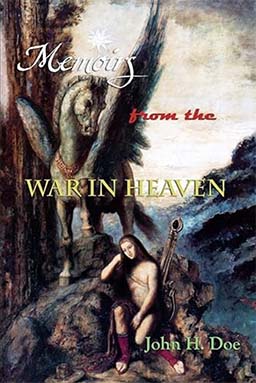It comes down to trust. We trust that we cannot deny that we are because we trust that such logic is ironclad. We trust that interlocking gears will turn each other by the trust we have in contact mixed with motion, and in solidity and containment. There is a lot that we trust in to get us through the simplest days, to get through the very act of getting up in the morning. How far does the trust go? Science works through reason, and reason we have a lot of trust in, by its very nature. Logic explains itself to us, if we examine it closely enough. Other matters of trust, of Father, Son, and Holy Spirit: are these immune to science? I think not. But more upon this later. We should see if we understand science first, before testing its limits.
Science is basically composed of definitions, which build on other definitions, which ultimately has basis in reality (in as accurate a form as can be observed). Reason uses science to understand things. Mathematics has been used as a prime method of defining things, but any logic may be used for the definitions. But we start with trust. We trust that logic which has been determined to be true will stay true. Without this basic trust, science is impossible. That trust also allows one definition to be a basis for another, that the logical connective, if it is itself well defined, will hold for the time required to relate things. In science, we have basis to believe these things may be trusted; after much observation and study, it is well tested. Science does not exist in a vacuum, but has a greatly storied history of being consistent with how things really are.



Leave Your Response
You must be logged in to post a comment.